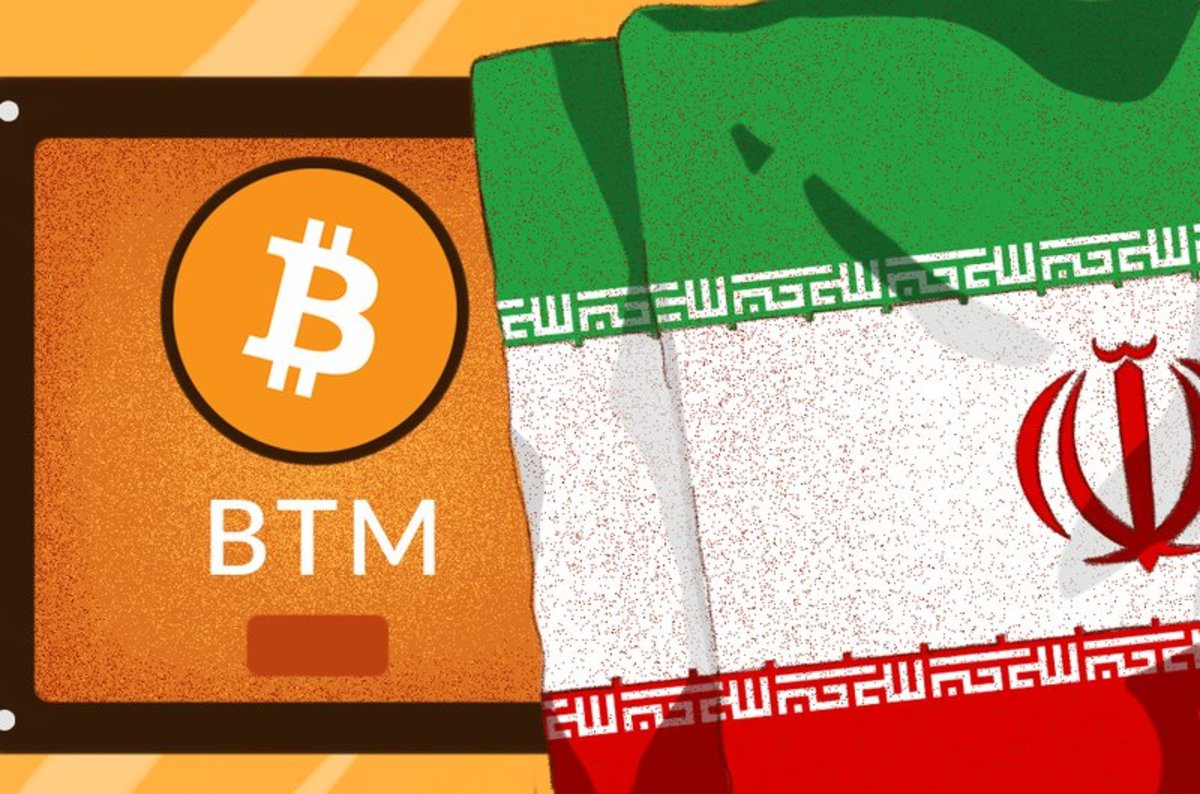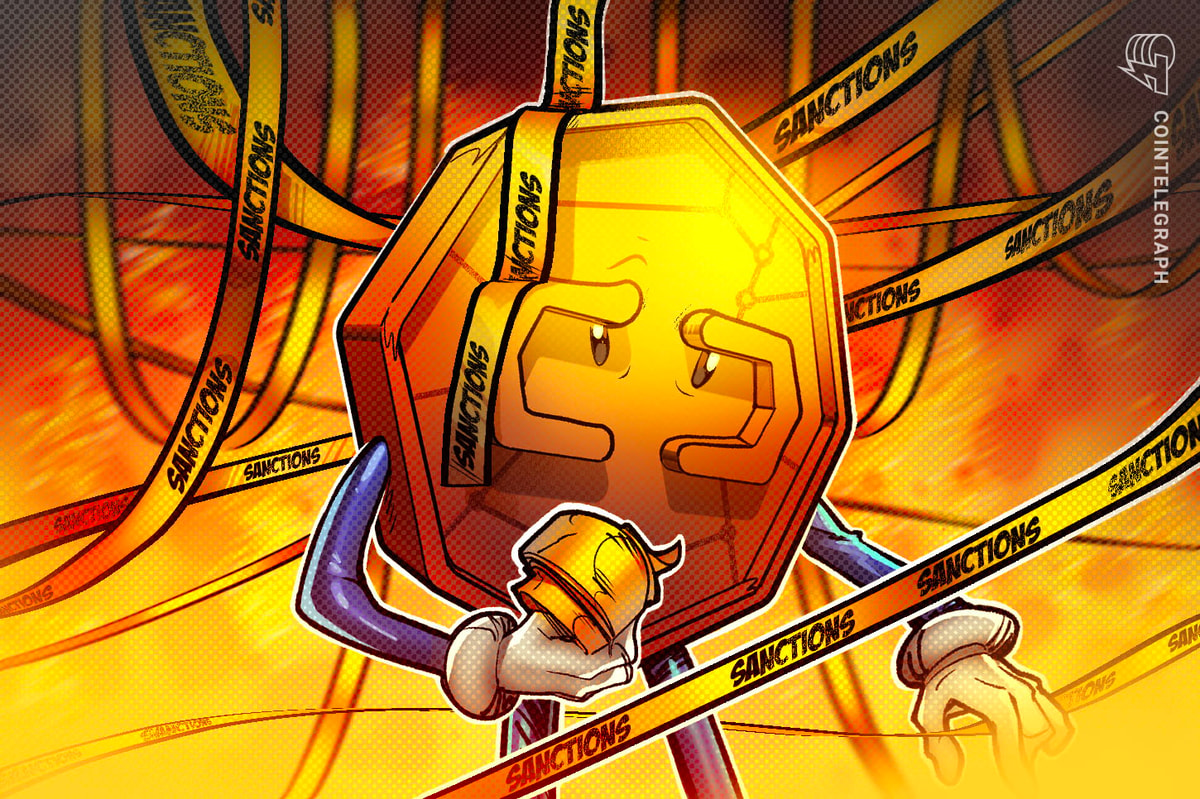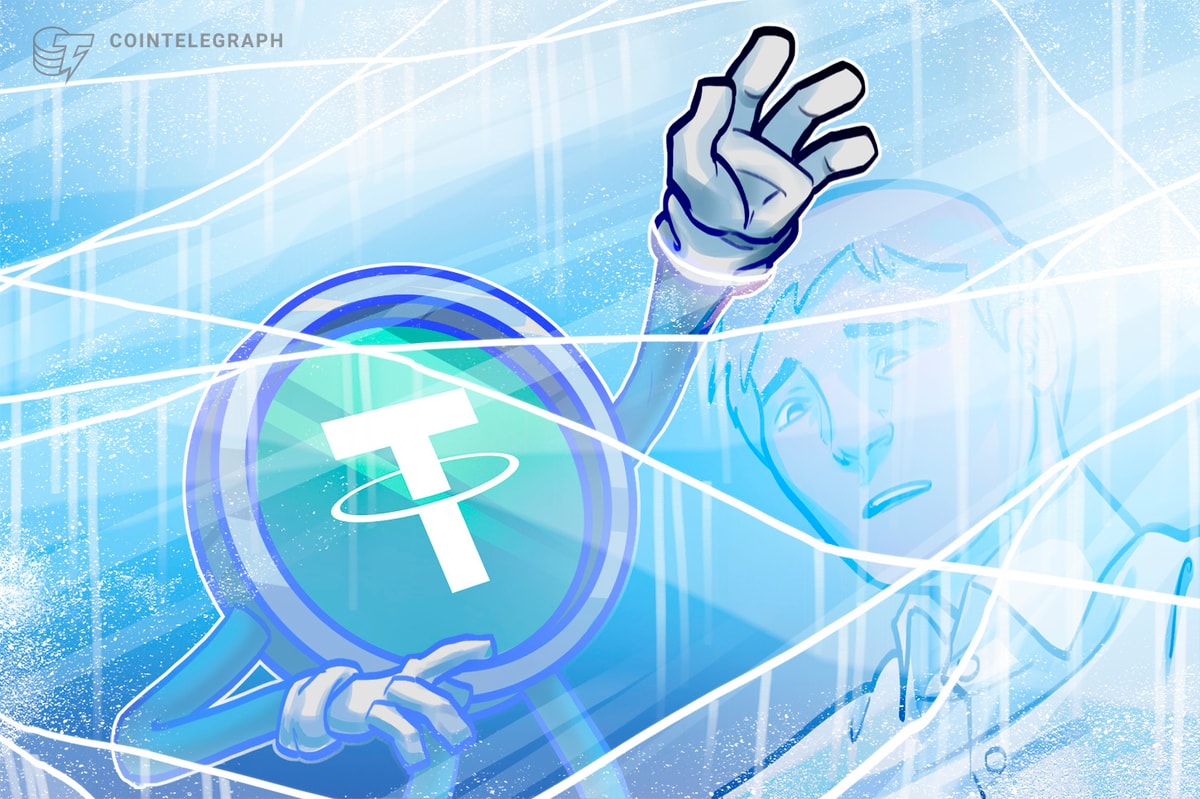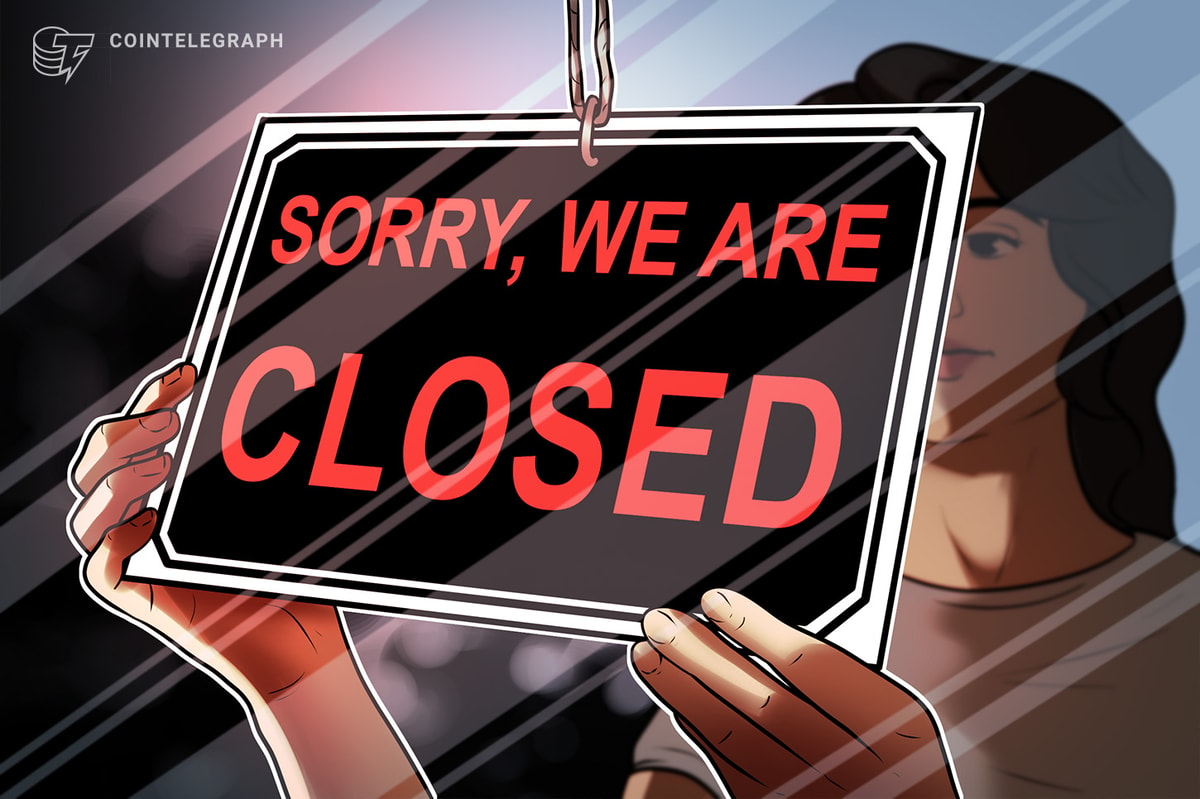
On April 24, 2019, the first bitcoin ATM in the Islamic Republic of Iran was revealed at the 12th International Exhibition of Exchange, Bank and Insurance in Tehran.
Footage of the event was captured by a film crew working for German news agency Ruptly, a part of Russia Today’s greater media network. Intrigued crowds were seen lining up to see the functionality of this machine, which was emblazoned with the message that the BTM was itself made in Iran, not wheeled into the conference from some overseas source.
Ruptly also interviewed both the demonstration’s presenters and random users on the experience. “I was happy, as a person who has Bitcoin, when I used it,” said Iranian citizen Elnaz Rahim. “I needed cash in Rial and it took me less than three minutes and I was very satisfied. I hope that we will be able to circumvent sanctions by it.”
Indeed, Iranian citizens have already seen the possible use cases of bitcoin to circumvent international sanctions. In December 2018, Iranian citizens studying abroad in the United Kingdom found themselves relying on bitcoin to pay their tuition, after recently imposed sanctions made it otherwise impossible.
The possibility of using bitcoin in this way is especially salient for Iranians, as punitive sanctions have been pushing Iran’s energy sector to the limit. With summertime heat waves pushing temperatures above a whopping 127 degrees Fahrenheit, ways of circumventing these measures are becoming an especially important consideration as energy costs continue to increase.
When Bitcoin Magazine helped to pass the Lightning Torch (via Welsh bitcoiner Bitgeiniog) to an Iranian user in March, sanctions were a recurring point of concern, with Torch recipient Ziya Sadr calling bitcoin “a safe haven.”
April 2019 has seen Iran become a major area of interest for bitcoin miners from China. Although mining firms have found it difficult to get the necessary equipment into the country, they have nevertheless reported that the government is willing to offer lucrative deals on electricity costs in exchange for long-term investment in the nation’s power plants.
With over 220 companies participating, the Tehran Timescalled the exhibition “the most significant event in domestic capital market, banking and insurance sectors,” especially considering how nearly 70 percent of the nation’s 81 million inhabitants are now internet users.










